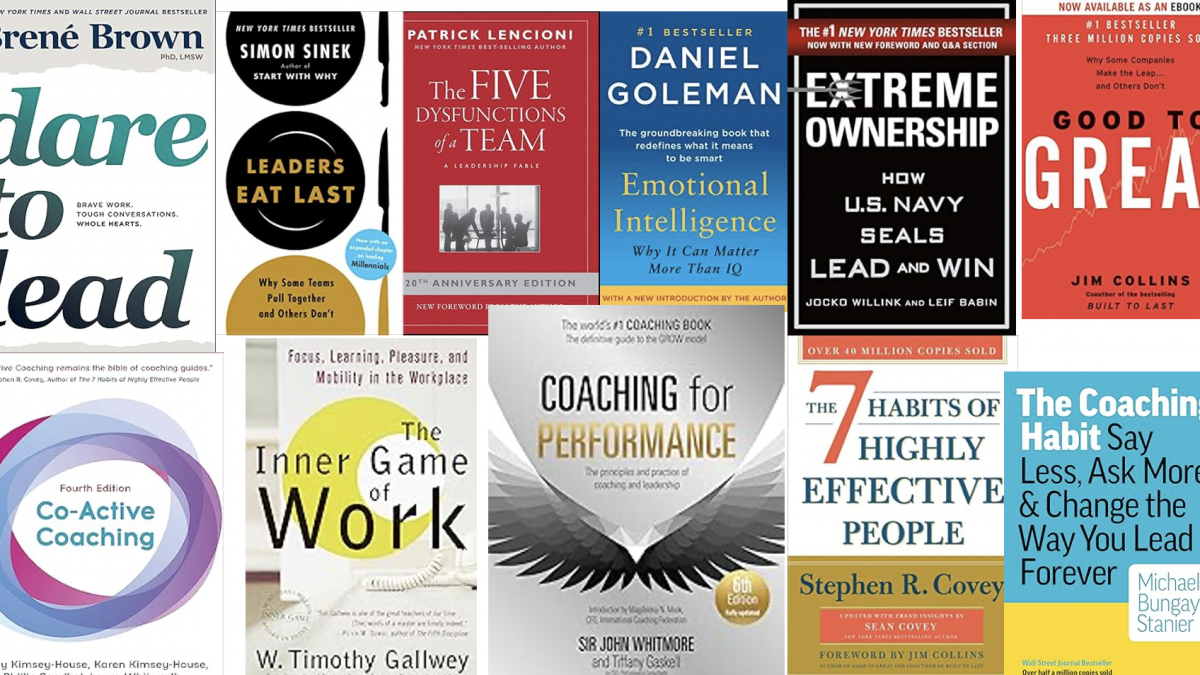Embracing Change: How Performance Coaching Can Drive Organizational Transformation

In today’s rapidly evolving business landscape, change isn’t just constant—it’s accelerating. Yet, many organizations struggle to implement and sustain meaningful change. Enter performance coaching: a powerful tool for navigating the choppy waters of organizational transformation.
The Change Challenge
We’ve all seen it: ambitious change initiatives that start with a bang but fizzle out over time. The reason? Often, it’s because we focus on the ‘what’ of change without adequately addressing the ‘how’ and the ‘why’ for the people involved.
Performance Coaching: The Change Catalyst
Performance coaching can be the bridge between change initiatives and successful implementation. It provides the support, guidance, and accountability needed to turn plans into sustainable action.
Why Coaching is Crucial for Change
1. Personalizes the Change Journey
Change isn’t one-size-fits-all. Performance coaching allows for a personalized approach, helping individuals understand how organizational changes impact them specifically and how they can contribute to the process.
By tailoring the change narrative to each person’s role and perspective, coaching helps create a sense of ownership and engagement in the transformation process.
2. Builds Change Resilience
Change can be uncomfortable, even threatening. Coaching helps build the resilience needed to navigate uncertainty and adapt to new ways of working.
Through coaching conversations, individuals can explore their concerns, develop coping strategies, and build the confidence to embrace new challenges.
3. Aligns Individual and Organizational Goals
Successful change requires alignment between organizational objectives and individual motivations. Performance coaching helps bridge this gap.
By exploring how the change aligns with an individual’s career goals and values, coaches can help create a compelling personal case for embracing the transformation.
Implementing Coaching for Change
1. Start at the Top
For change to permeate an organization, it needs to start with leadership. Provide coaching for executives and managers first, equipping them to model the desired behaviors and coach their own teams through the change.
This top-down approach creates a cascading effect, embedding coaching and change-supportive behaviors throughout the organization.
2. Create a Coaching Culture
Don’t limit coaching to formal sessions. Encourage a coaching mindset in day-to-day interactions. This might involve training managers in coaching skills or implementing peer coaching programs.
A coaching culture fosters continuous learning and adaptation, making the organization more change-ready overall.
3. Focus on Behavior Change
While understanding the rationale for change is important, real transformation happens when behaviors shift. Use coaching to identify specific behaviors that need to change and create action plans to support this shift.
Regular coaching check-ins provide accountability and support for sustained behavior change.
4. Measure and Celebrate Progress
Use coaching sessions to track progress towards change goals. This might involve setting and reviewing short-term objectives or discussing observed changes in team dynamics.
Celebrate small wins along the way. Recognizing progress, no matter how small, can boost motivation and momentum for continued change.
Practical Takeaway
Identify one upcoming or ongoing change initiative in your organization. Set up a pilot coaching program for a small group of employees affected by this change. Over the course of a month, provide weekly coaching sessions focused on supporting these individuals through the change process. Monitor the impact on their engagement, understanding, and adoption of the change.
Conclusion: Coaching as a Change Multiplier
As I explore in my upcoming book, “Maximizing Organizational Performance: A Guide to Effective Performance Coaching,” performance coaching is not just about individual development—it’s a powerful tool for driving organizational change.
By leveraging coaching throughout the change process, you can transform resistance into engagement, confusion into clarity, and plans into action. In doing so, you’ll not only implement change more effectively but also build a more adaptable, resilient organization ready to thrive in an ever-changing world.
Are you ready to coach your way through your next big change?
#ChangeManagement #PerformanceCoaching #OrganizationalDevelopment #LeadershipStrategy #MaximizeOrgPerf


